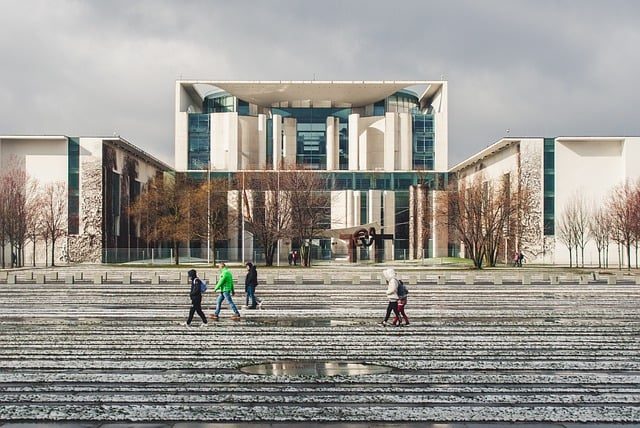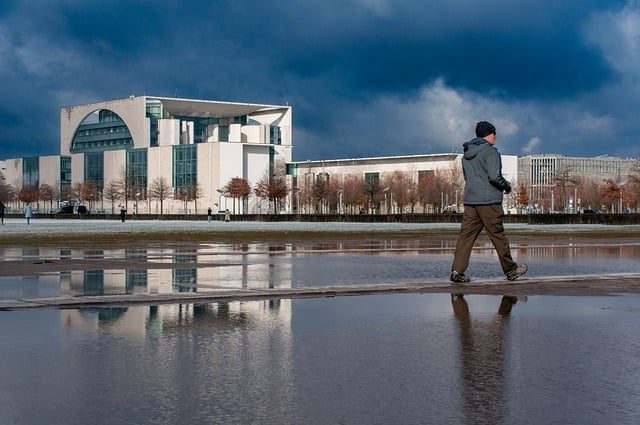Embarking on a journey in politics can be both fulfilling and impactful, offering a wide range of career options for those passionate about shaping society. From public service to political analysis, the field of careers in politics is diverse and ever-evolving.
This article will explore various career paths, necessary skills, and resources available for aspiring political professionals. Whether you seek entry-level jobs in politics or aim for higher positions, understanding the landscape is crucial.
Table of Contents
What are the main careers in politics?
The realm of politics encompasses a variety of career options that cater to different interests and skills. Some of the prominent careers in politics include:
- Government officials and civil servants
- Political analysts
- Public relations specialists
- Policy advisors
- Journalists focused on political reporting
These roles often require individuals to engage with stakeholders, analyze data, and communicate effectively to influence public opinion and policy. Many of these positions exist in government agencies, non-governmental organizations (NGOs), and private sectors.
Furthermore, graduates with a Political Science degree can also explore careers in political campaign management, lobbying, and international relations, allowing for a global perspective on political issues.
How can I start a career in politics?
Starting a career in politics typically involves a combination of education, experience, and networking. First and foremost, obtaining a degree in political science or a related field lays a strong foundation. Many political careers require a deep understanding of political systems and public policy.
Internships are invaluable for gaining practical experience and making professional connections. Many political organizations and government bodies offer internship programs that can lead to full-time positions.
Additionally, volunteering for political campaigns or civic organizations can enhance your resume. Engaging in local politics and community issues demonstrates commitment and provides hands-on experience.
What skills are important for careers in politics?
Success in careers in politics often hinges on a specific skill set that includes:
- Strong communication abilities
- Critical thinking and analytical skills
- Research proficiency
- Teamwork and collaboration
- Understanding of public policy and governance
These skills not only enhance job performance but also contribute to effective advocacy for policies and initiatives. Furthermore, adaptability and resilience are essential, as the political landscape can change rapidly.
What is the role of internships in politics careers?
Internships serve as a bridge between academic learning and professional experience. They provide aspiring political professionals with the opportunity to apply theoretical knowledge in real-world scenarios. Many employers often prioritize candidates with internship experience when hiring for entry-level jobs in politics.
Internships also facilitate networking opportunities that can lead to job offers. Establishing connections with professionals in the field can open doors to future career prospects.
Moreover, interns can gain insights into the workings of government, NGOs, and political organizations, which is critical for anyone looking to advance in this field.
What are the job prospects for political science graduates?
The job outlook for political science graduates is quite promising. Research indicates that 77% of political science graduates are employed within six months of graduation. This employment rate is significantly higher than many other fields.
The average starting salary for graduates in politics is around $33,000, with potential for growth as individuals gain more experience and expertise in their chosen field.
Moreover, those who engage in internships during their studies often report better employment outcomes. Having practical experience can set candidates apart in a competitive job market.
Where can I find resources for politics careers?
There are numerous resources available to help aspiring political professionals navigate their career paths. Websites like Viking CareerLink and the American Political Science Association’s site provide job listings and career resources specifically tailored for political science majors.
Networking events, workshops, and conferences are also excellent ways to connect with industry professionals and learn about potential job openings. Many universities also offer dedicated career services to assist students in finding internships and job placements.
What are the salaries for careers in politics?
Salaries in careers in politics can vary significantly based on the role, location, and level of experience. Entry-level jobs in politics typically offer starting salaries in the range of $30,000 to $40,000.
As professionals gain experience and move into higher positions, such as policy directors or government officials, salaries can increase substantially, often exceeding $100,000.
High-paying roles often include positions in federal government agencies, consulting firms, and prominent NGOs that value skilled individuals with expertise in political analysis and public policy.
Related questions about careers in politics
What is the highest paying political job?
The highest paying political jobs often include roles such as senior government officials, lobbyists, and high-level consultants. These positions can command salaries upwards of $150,000, depending on the organization and level of responsibility.
What are the highest paid policy jobs?
High-paying policy jobs typically involve working in government or influential NGOs. Roles such as policy directors and research advisors often come with lucrative compensation packages due to the expertise required and the impact these positions have on public policy.
What jobs can you get with economics and politics?
A background in economics and politics opens various career opportunities, such as economic policy analyst, political consultant, and financial analyst for governmental or non-governmental organizations. These roles require a blend of analytical skills and a strong understanding of political frameworks.
What is the work of politics?
The work of politics involves advocating for policies, representing constituents, and implementing laws and regulations that affect society. Political professionals engage in research, public speaking, negotiation, and coalition-building to address societal issues and develop effective solutions.
Overall, careers in politics are not only diverse but also offer numerous opportunities for making a significant impact on communities and society as a whole.










